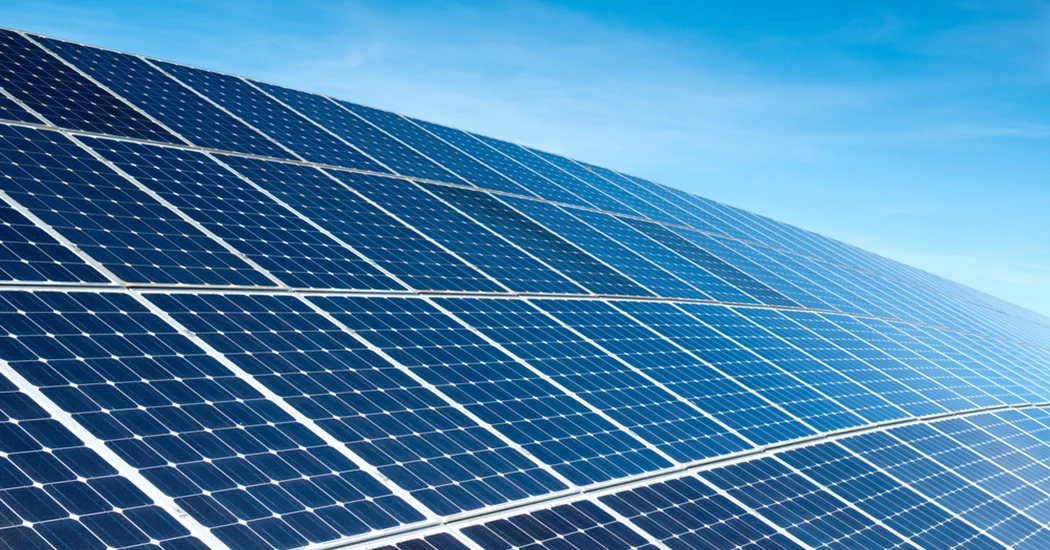Itochu unit seals renewable energy deal with Google Japan
Itochu announced on Friday that it has inked a long-term power supply agreement with Google to assist the search engine business in meeting its renewable energy targets in Japan.
Clean Energy Connect (CEC), an Itochu portfolio company, will begin serving Google in 2024 and will deliver up to 72 megawatts of solar power by 2026, according to an announcement from the Japanese trading house.
Itochu invested in CEC in November 2021, citing the demand for renewable energy for generative artificial intelligence and data centre operations.
The carbon footprint of artificial intelligence
In recent years, the advancement of artificial intelligence (AI) has revolutionized various sectors, promising increased efficiency, automation, and innovation.
However, amid the excitement surrounding AI's capabilities, a critical concern has emerged—the environmental impact of AI technologies.
According to the International Energy Agency, data centres currently consume between 1 and 1.5 percent of worldwide electricity.
A recent study conducted by Cornell University scientists discovered that training LLMs like GPT-3 spent an amount of electricity equivalent to 500 metric tons of carbon.
One of the primary contributors to AI's carbon footprint is the computational power required to train and run AI models.
Deep learning algorithms, a subset of AI, demand substantial computational resources, often necessitating large-scale data centres equipped with high-performance hardware. These data centres consume vast amounts of energy, sourced from fossil fuels, leading to significant carbon emissions.
However, the amount of CO2 emitted by these centres varies depending on whether their base country generates electricity using coal, gas, or renewable energy.
In a report backed by Microsoft and the Allen Institute for Artificial Intelligence, researchers showed that shifting an AI's training location might reduce CO2 emissions by 75%.
AI training is the process of teaching an artificial intelligence (AI) model to do a certain task or set of tasks by exposing it to a large amount of data.





